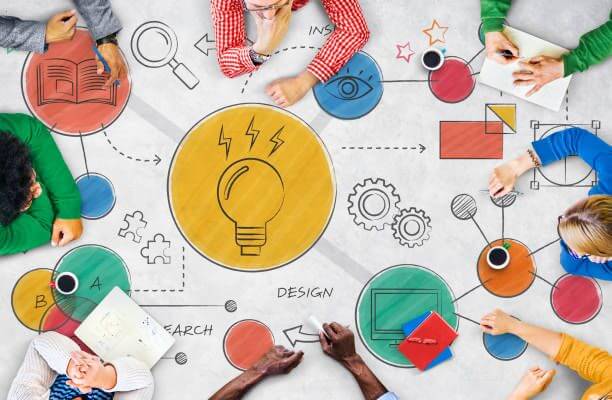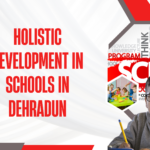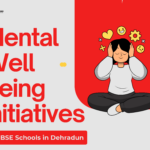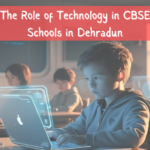One such approach that is transforming the learning experience for students is project-based learning. This innovative teaching method encourages students to develop critical thinking, creativity, and problem-solving skills by working on real-world projects.
What is Project-Based Learning?

Project-based learning (PBL) is an instructional method where students learn by actively engaging in meaningful and complex projects.
Instead of passively absorbing information, students work on hands-on tasks that require them to research, collaborate, and apply their knowledge in practical ways.
PBL not only enhances academic learning but also fosters essential life skills such as teamwork, communication, and adaptability.
Importance of Project-Based Learning in Schools

CBSE Schools in Dehradun have recognized the importance of project-based learning in helping students develop a deeper understanding of subjects while keeping them actively engaged.
Schools like G D Goenka Public School Dehradun have integrated PBL into their curriculum to ensure that students gain a holistic learning experience.
By incorporating PBL, these schools empower students to connect classroom theories to real-world applications, making learning more meaningful and impactful.
How G D Goenka Public School Dehradun Implements Project-Based Learning

At G D Goenka Public School Dehradun, project-based learning is implemented through a well-structured approach that aligns with the CBSE curriculum.
The school ensures that students engage in inquiry-based learning, where they explore various subjects by working on projects that mimic real-life challenges. Some key aspects of PBL at the school include:
- Interdisciplinary Approach – Projects are designed to integrate multiple subjects, allowing students to see the connection between different fields of study.
- Collaboration and Teamwork – Students work in groups, encouraging peer learning and the development of social skills.
- Real-World Application – Projects are designed to address real-world problems, making learning more relevant and practical.
- Mentorship and Guidance – Teachers at G D Goenka Public School Dehradun act as facilitators, guiding students throughout their projects rather than just delivering lectures.
- Presentation and Evaluation – Students showcase their projects through presentations, fostering public speaking and confidence-building skills.
Benefits of Project-Based Learning for School Children

The benefits of project-based learning go beyond academics. It equips students with essential skills needed for the 21st century. Some of the key advantages include:
- Enhanced Critical Thinking and Problem-Solving – Students learn to analyze problems, think critically, and develop innovative solutions.
- Active Engagement and Motivation – Learning through projects keeps students actively involved and motivated, reducing monotony in studies.
- Improved Retention of Knowledge – Since students apply what they learn, they tend to retain information longer.
- Development of Research Skills – PBL encourages independent research, helping students develop inquiry-based learning habits.
- Preparation for Future Careers – Many professions require teamwork, creativity, and adaptability—all of which are nurtured through PBL.
Real-Life Examples of Project-Based Learning in Schools

At G D Goenka Public School Dehradun, students have worked on several innovative projects that have enhanced their learning experience. Some examples include:
- STEM-Based Projects: Students designed eco-friendly models for sustainable energy solutions.
- Social Awareness Campaigns: Learners created campaigns addressing social issues like pollution and climate change.
- Entrepreneurial Projects: Senior students worked on business models, promoting financial literacy and entrepreneurial skills.
The Future of Learning with PBL
As the world shifts towards skill-based education, project-based learning is set to become an integral part of CBSE schools. Schools like G D Goenka Public School Dehradun are leading the way by adopting innovative teaching methods that prepare students for future challenges.
By making learning interactive, engaging, and practical, PBL is transforming the educational experience, ensuring that students not only excel academically but also develop skills essential for lifelong success.
Conclusion
Project-based learning is revolutionizing the way students engage with education. By moving away from traditional memorization techniques and encouraging active participation, CBSE schools are creating a generation of critical thinkers and problem solvers.
Institutions like G D Goenka Public School Dehradun are at the forefront of this transformation, providing students with the tools they need to succeed in a dynamic world.
With its numerous benefits, project-based learning is undoubtedly shaping the future of education, making learning an exciting and enriching journey for students.











